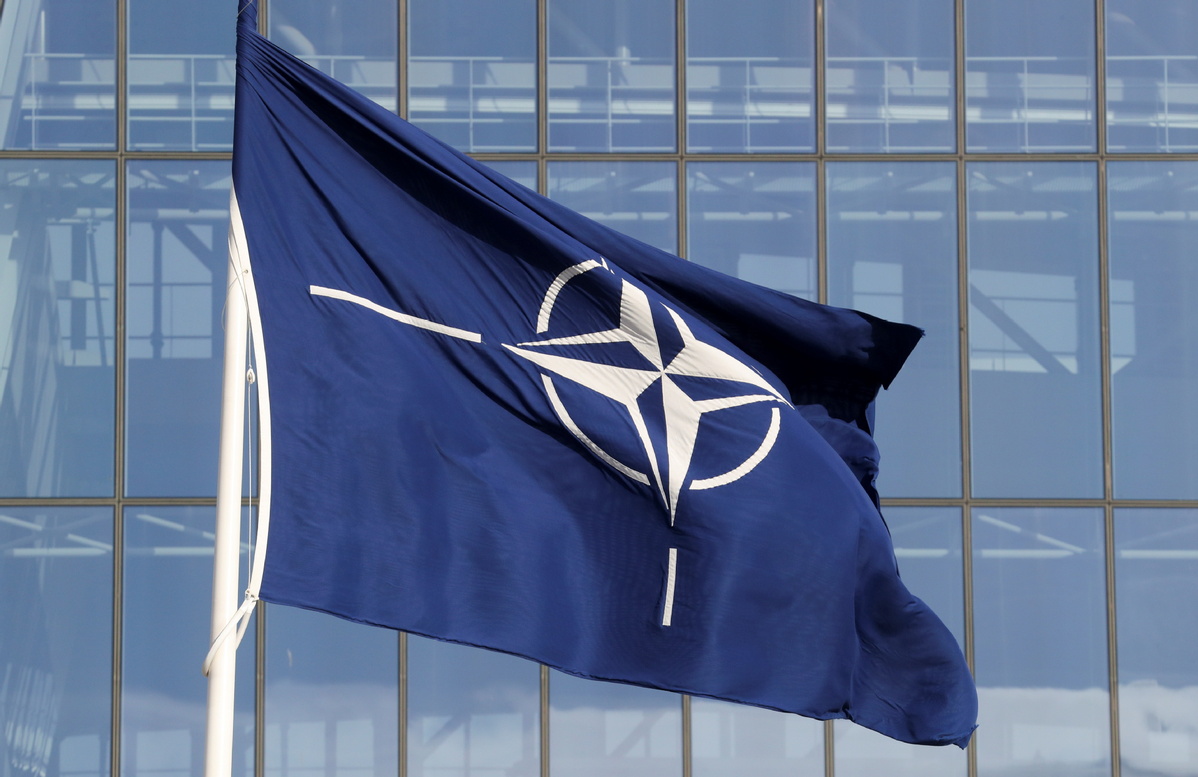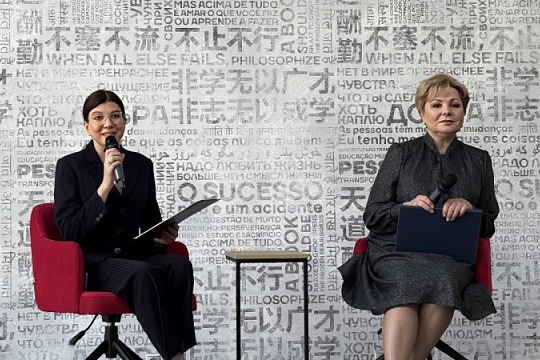Spain set to miss NATO target


The Spanish government has indicated it has no intention of bowing to pressure on members of the NATO military alliance to increase defense spending to 5 percent of GDP, as United States President Donald Trump has suggested European members in particular should do.
Spain became the 16th member of the 32-nation group in 1982, and, according to reports in Spanish newspaper El Pais, this year the left-wing coalition government of Prime Minister Pedro Sanchez plans to increase military expenditure to 1.32 percent of GDP. By 2029, the aim is for it to have risen to 2 percent.
That figure was set as a requirement of NATO member states in 2014, backing up an initial commitment made in 2006, and has been described by NATO as "an important indicator of the political resolve of individual allies to contribute to NATO's common defense efforts".
In 2014, just three member states met the 2 percent target, but in 2024, 23 were on course to reach or exceed it.
NATO's own figures, quoted by broadcaster Al Jazeera, show that in 2024, by percentage of GDP, the biggest spending members were Poland (4.12 percent), Estonia (3.43 percent) and the US (3.37 percent), with Spain spending least of all.
In a speech in January, before his return to the White House, Trump called for a significant hike in defense spending by all member states.
"They can all afford it, but they should be at 5 percent not 2 percent," he said. "Europe is in for a tiny fraction of the money that we're in. We have a thing called the ocean in between us, right? Why are we in for billions and billions of dollars more money than Europe?"
NATO Secretary-General Mark Rutte backed Trump's comments, saying: "He is right of course, that the problem is not the US and the problem is Europe."
Questions over Europe's security and defense capabilities have been put in the spotlight more than ever by the latest developments in the Russia-Ukraine conflict and the terms on which it might possibly be ended.
Sanchez's government seems intent on resisting increased contributions, however, causing Alberto Nunez Feijoo, leader of the conservative opposition group, the Spanish People's Party, to say that Spain is not a reliable partner for NATO or the European Union, and that this was causing "extreme weakness" in relations between Madrid and Washington.
"I would return to reliability, to annual budgets, to fulfilling international commitments, to having a respectful relationship with the US, knowing that the US is our partner … Spain currently has no reliability in foreign and defense policy," he said.
Figures published by the International Monetary Fund last October showed that Spain was on course to become the world's fastest-growing major advanced economy in 2024, expanding at more than three times the speed of the wider Eurozone.
Observers have suggested this is due to the Spanish economy being so dependent on tourism, and subsequently having been disproportionately affected during the pandemic, with the sector now experiencing a resurgence.































